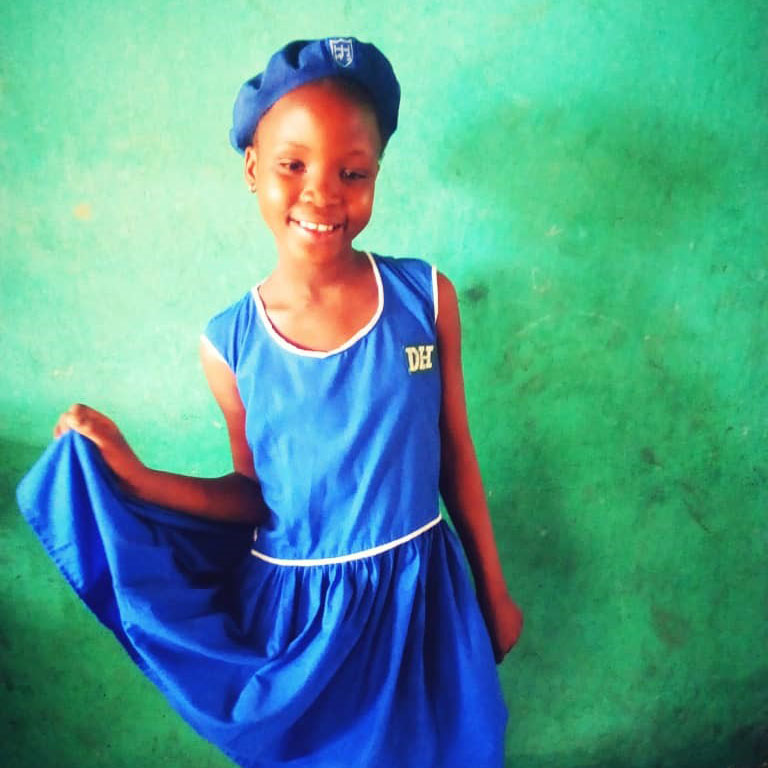Girls education challende in Sierra Leone
Sierra Leone's female literacy rate (34%) is one of the lowest in the world and, although there are many policies, none specifically addresses children with disabilities, with the exception of the Children's Rights Act (2007) which guarantees every child access to education. To address this situation, HI is implementing the Girl's Education Challenge - Transition (GEC-T) project, with key partners, so that girls and marginalized children with disabilities in five districts of Sierra Leone can reach their full potential and make the transition from primary school to secondary school and beyond.

© HI
In 2013, out-of-school children represented 24% (for primary school), 25% (lower secondary) and 38% (upper secondary). The main barriers identified are poverty, child labor, lack of accessibility, the idea that education has no benefit, and pregnancy and forced marriage for girls. The number of challenges that the country has to face is especially unfavorable for girls (65 female complete lower secondary school for every 100 males).
 Davida, 9, is in Grade 5. As a child, she was diagnosed with a visual impairment. At first, she was not doing well at school and had to retake some classes because her teachers did not have the necessary skills to take care of her on a daily basis.
Davida, 9, is in Grade 5. As a child, she was diagnosed with a visual impairment. At first, she was not doing well at school and had to retake some classes because her teachers did not have the necessary skills to take care of her on a daily basis.
The GEC-T project is in line with the priorities of the Government of Sierra Leone, which wishes to implement its new National Development Plan (2019-2023). The free school system, the new government's flagship programme, offers girls the opportunity to have access to quality education at minimal cost. But for the most vulnerable children, including children with disabilities, most of the challenges they face remain enormous.
Awareness-raising activities with Davida's community and training sessions with her teachers allowed the girl to better adapt to her school environment. Thanks to the GEC-T program, Davida's parents are now enthusiastic about her academic success! Davida has even been invited to represent her school in academic debates with other schools in her district.
Here's an overview of the project's inclusive activities:
- Provision of assistive devices to children with disabilities
- Targeted awareness raising sessions via Community Based Rehabilitation Volunteers.
- Adaptation of schools, making them accessible and child friendly.
- Provision of resource kits for development of accessible teaching and learning materials
- Development of Individual Education Plan for children with learning difficulties through Itinerant Teachers





